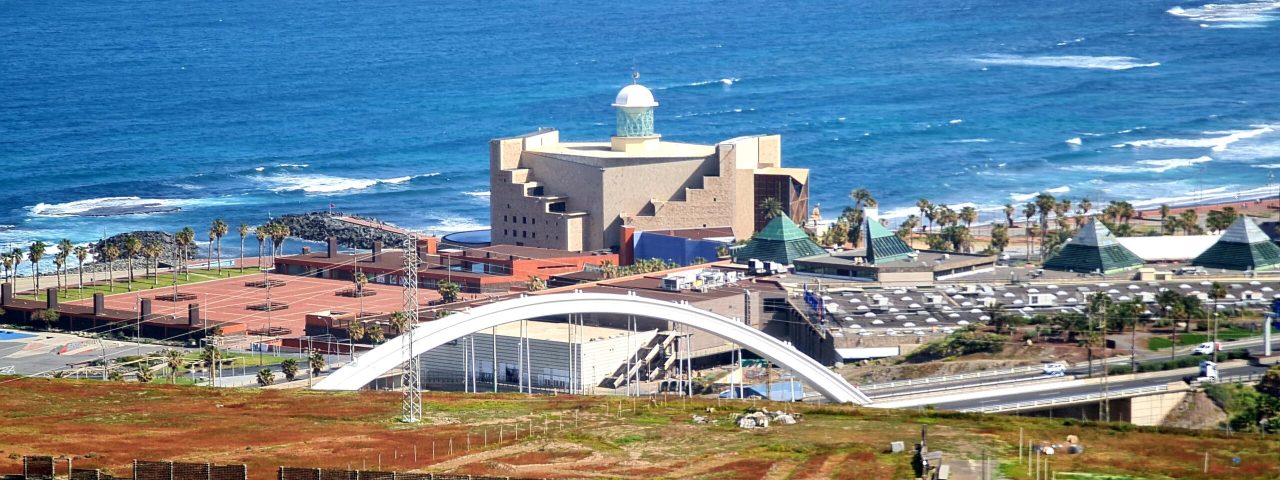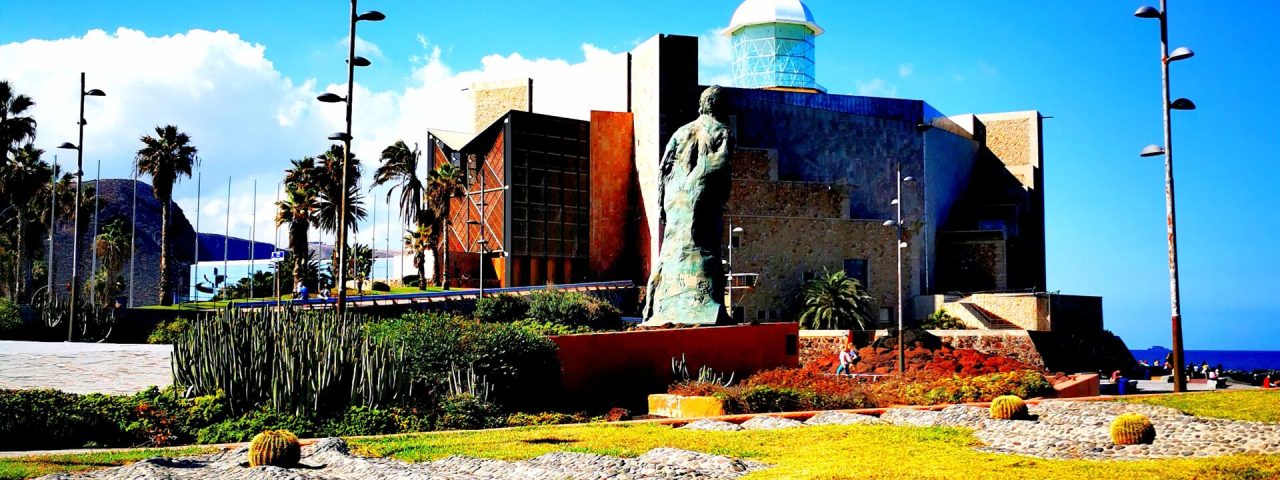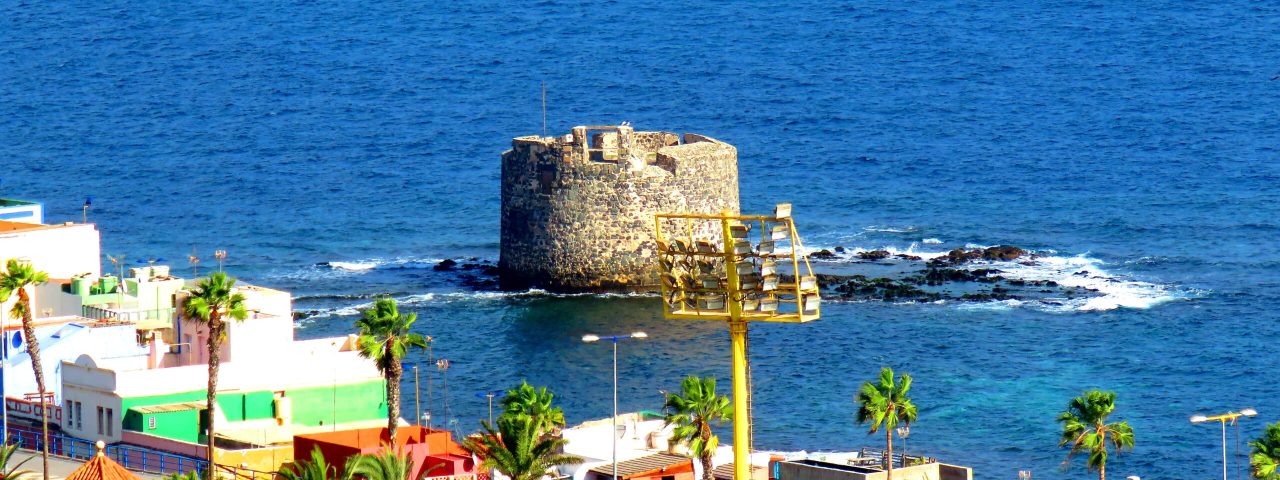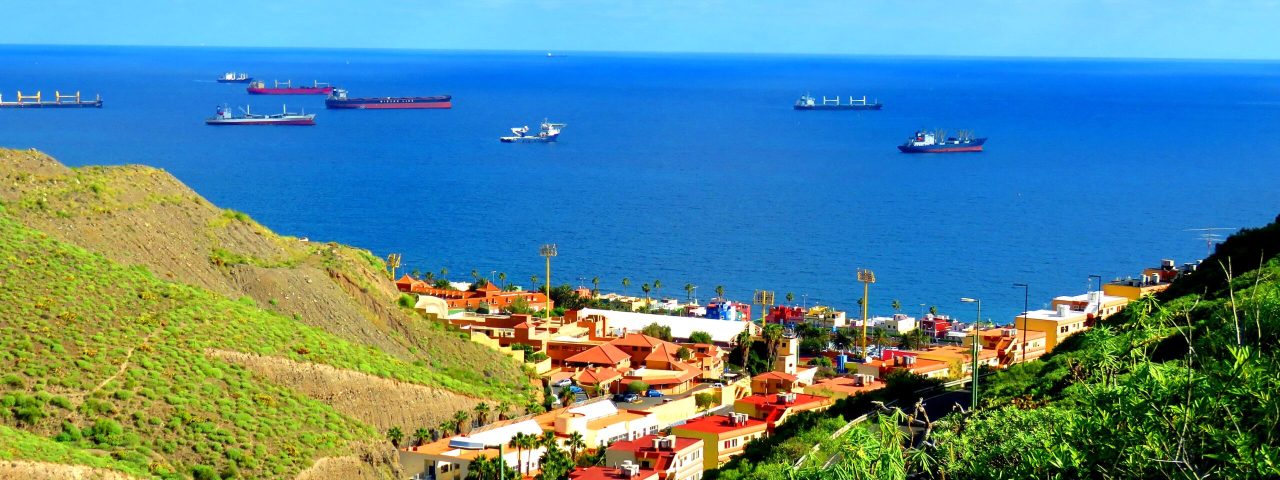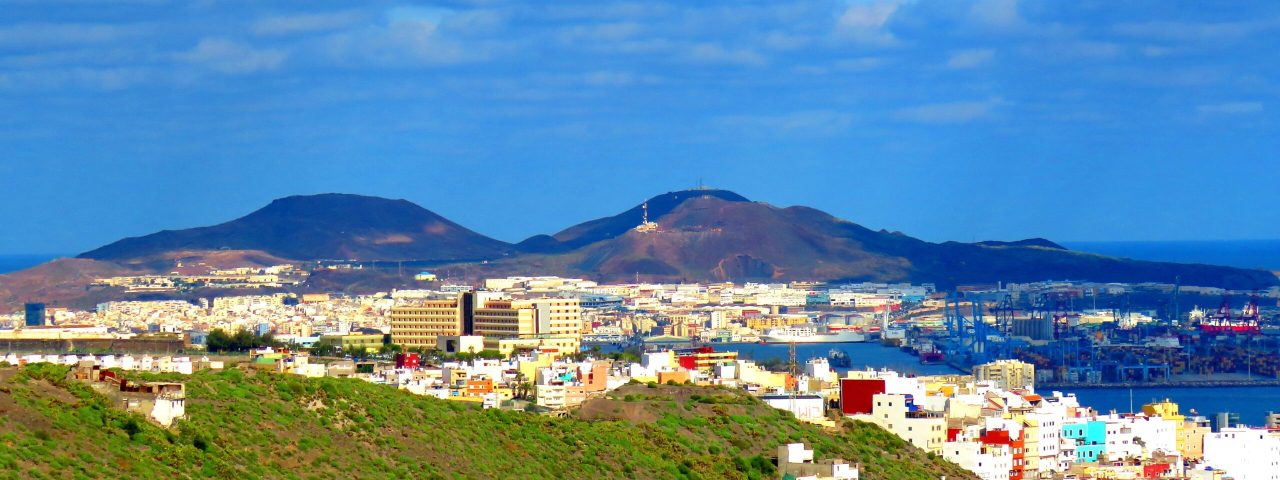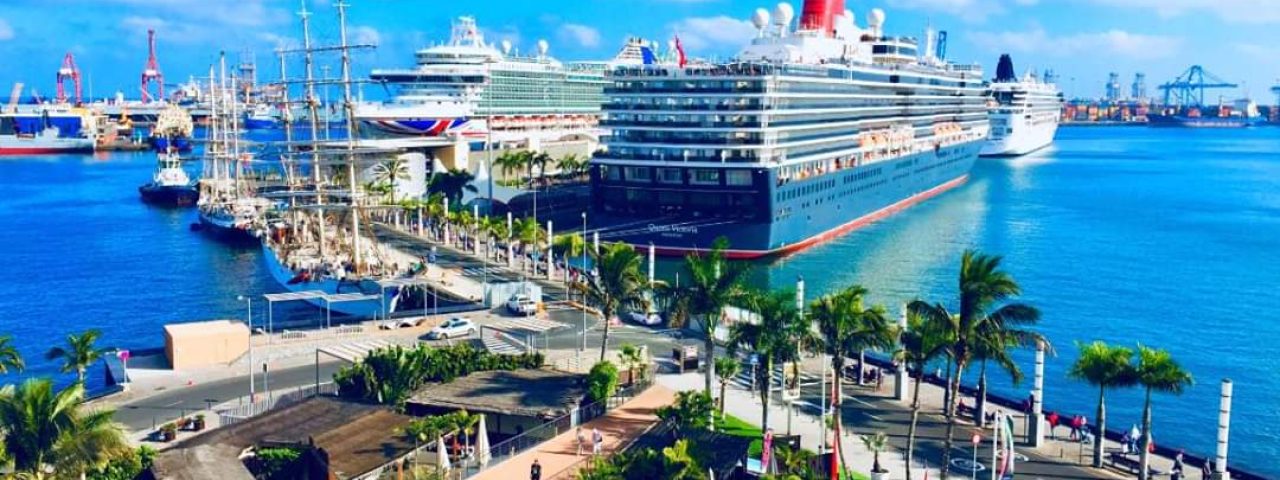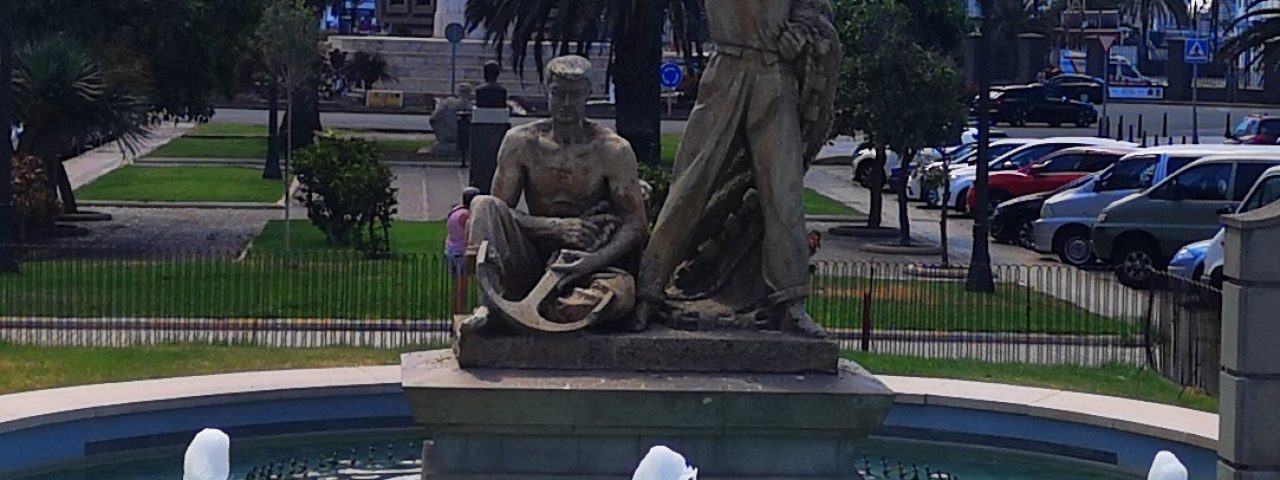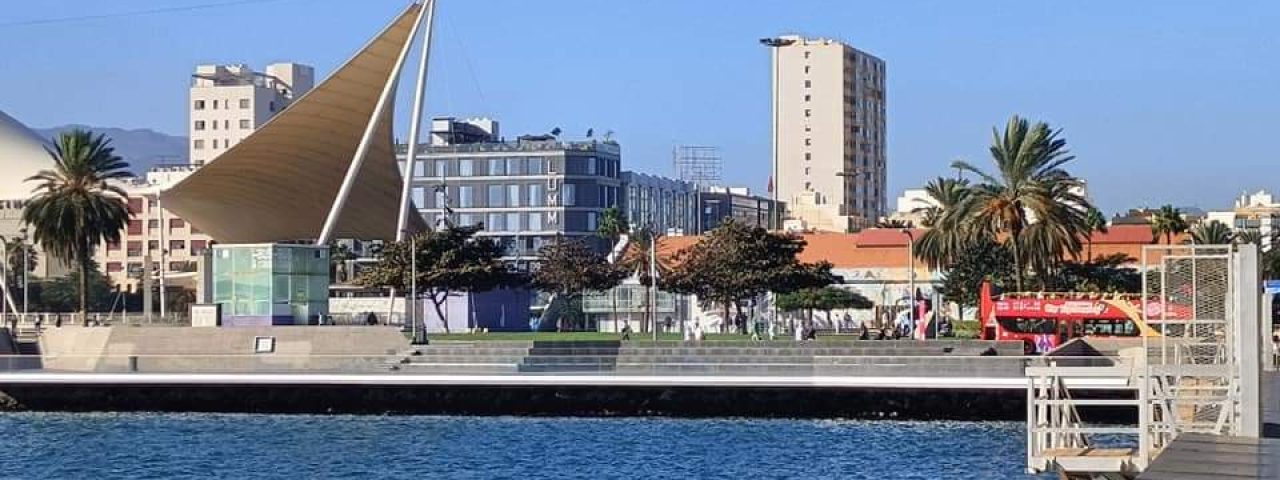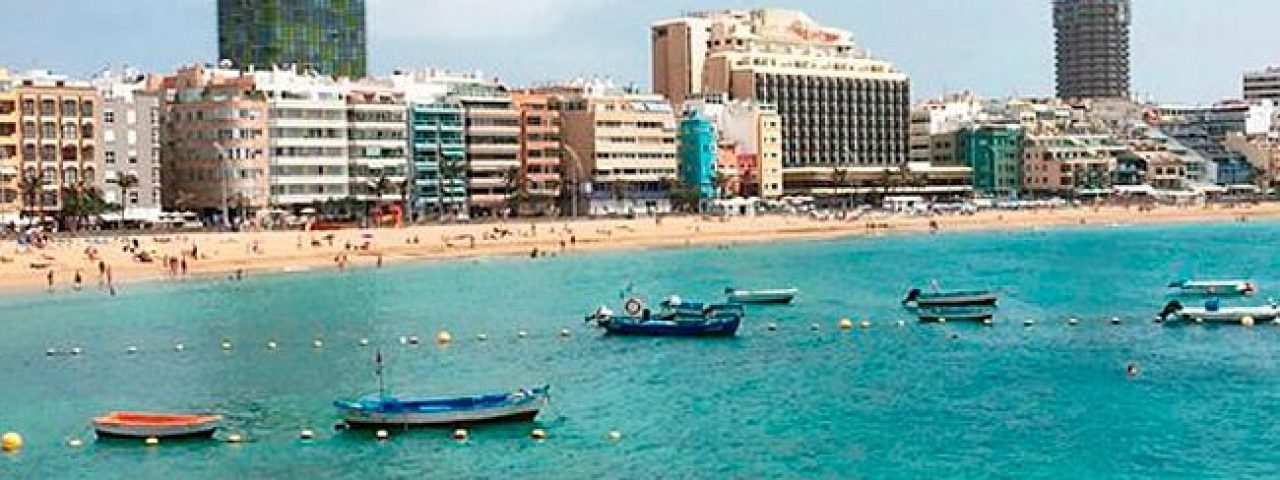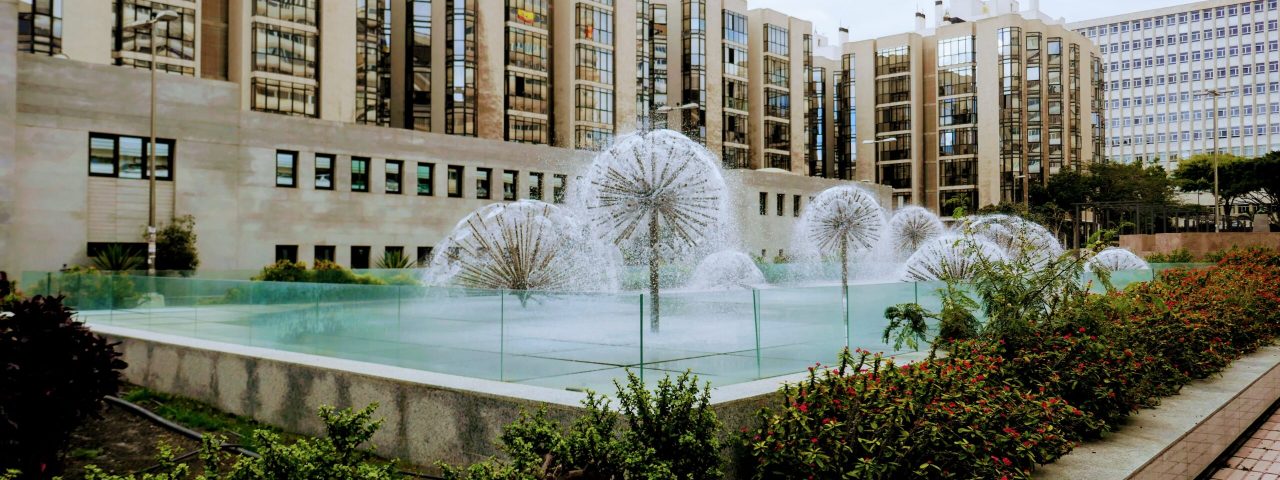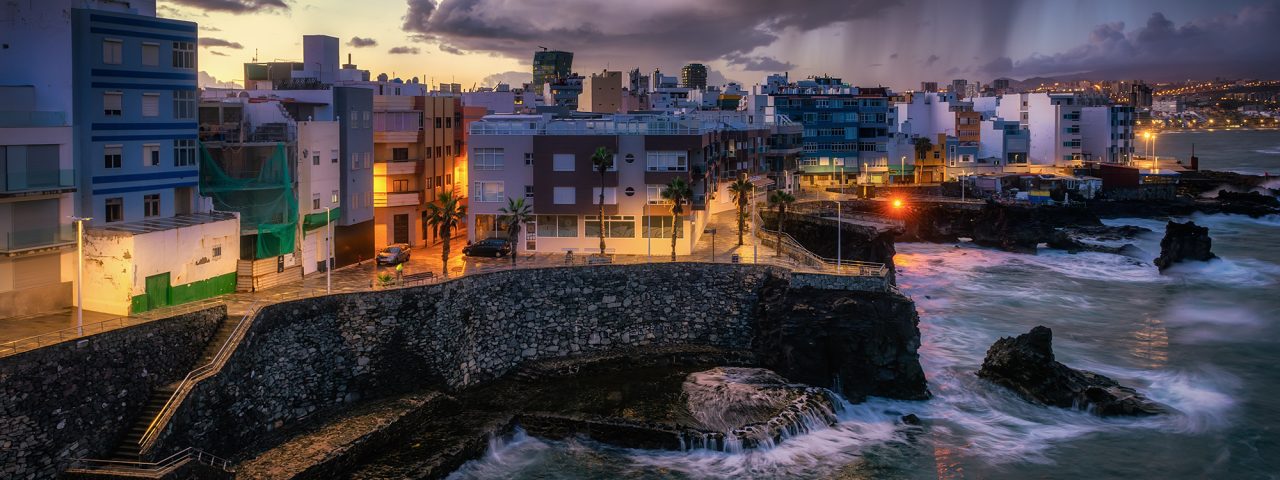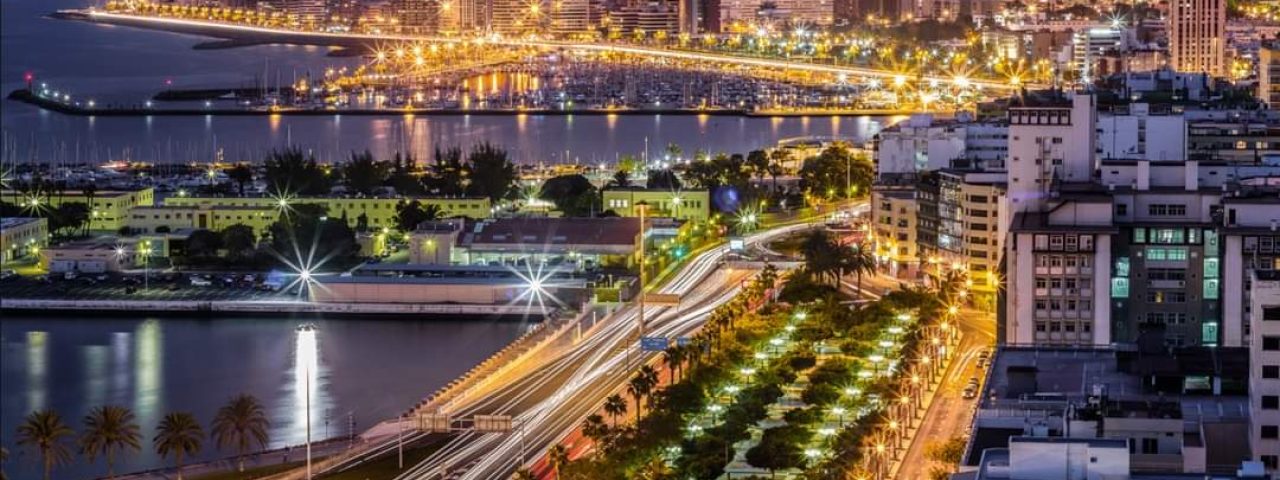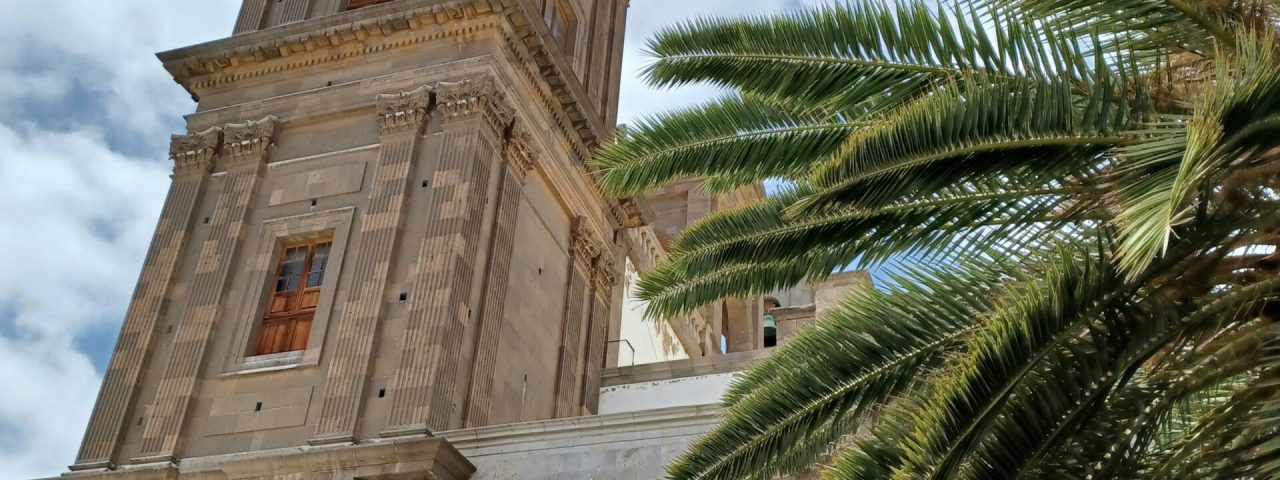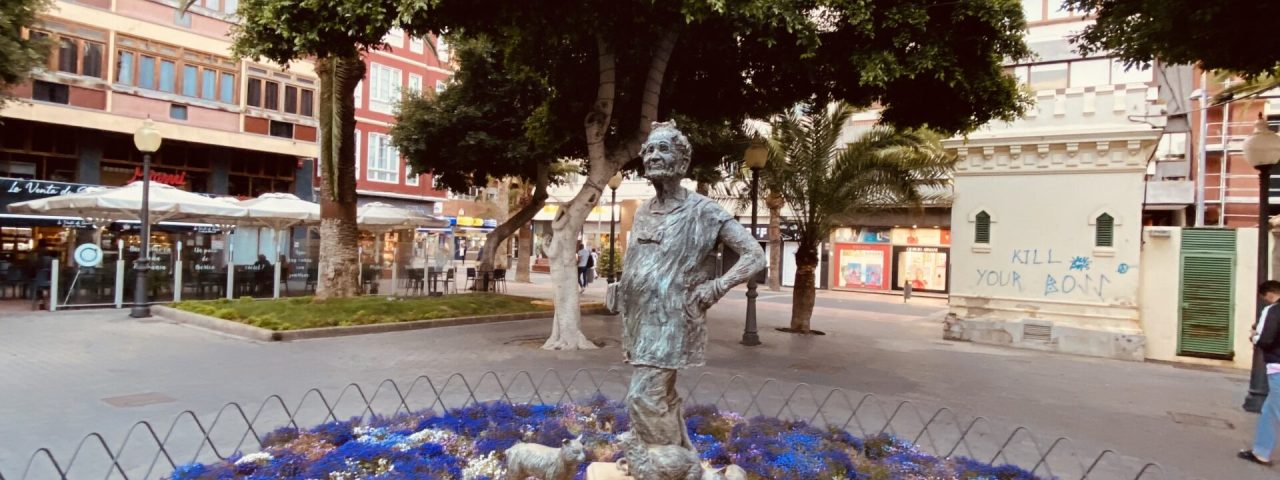Las Palmas has a rich and fascinating history dating back to its founding in 1478. It was established by the Spanish Crown during the Christian conquest of the Canary Islands and became an important stopover for ships traveling between Europe, Africa, and the Americas. The city played a key role in trade during Spain’s Age of Exploration, and its history reflects the influence of diverse cultures that have passed through, from native Guanche tribes to Moorish and European settlers.
The city’s cultural identity is shaped by this unique mix of influences. Las Palmas hosts many festivals throughout the year, the most famous being the Carnaval de Las Palmas, one of the largest and most colorful carnival celebrations in Spain. During this event, the city transforms into a lively showcase of music, parades, and costumes, drawing visitors from all over the world. The city also celebrates traditional religious festivals, such as the Fiesta de San Juan, which commemorates its founding with fireworks and beach bonfires.
Las Palmas is also home to a variety of cultural institutions and museums. The Casa de Colón, for example, is dedicated to Christopher Columbus’s voyages and his stopover in the city. The city’s rich history is visible in its architecture and its UNESCO-recognized historic district, Vegueta, where cobbled streets, Gothic churches, and colonial-style buildings take visitors back in time.
